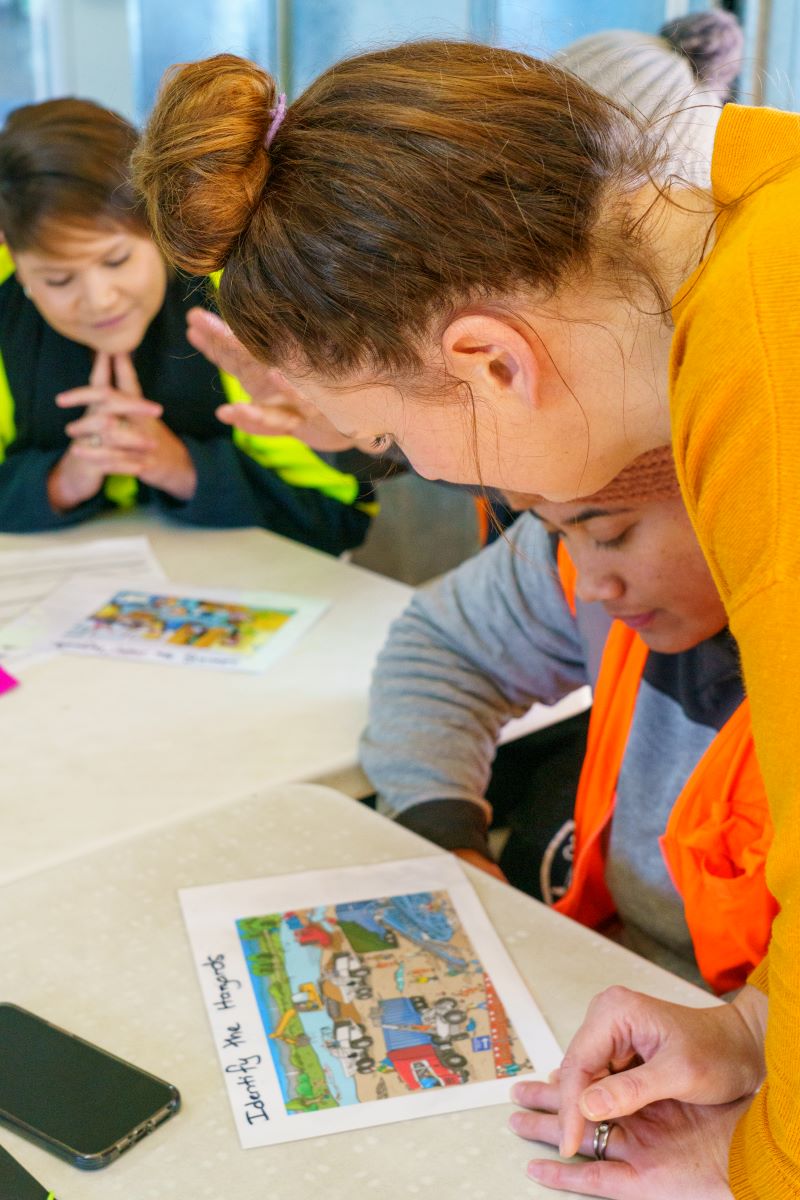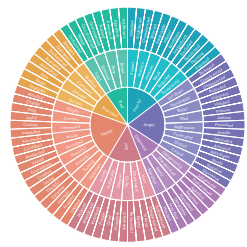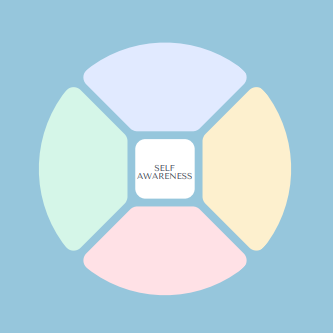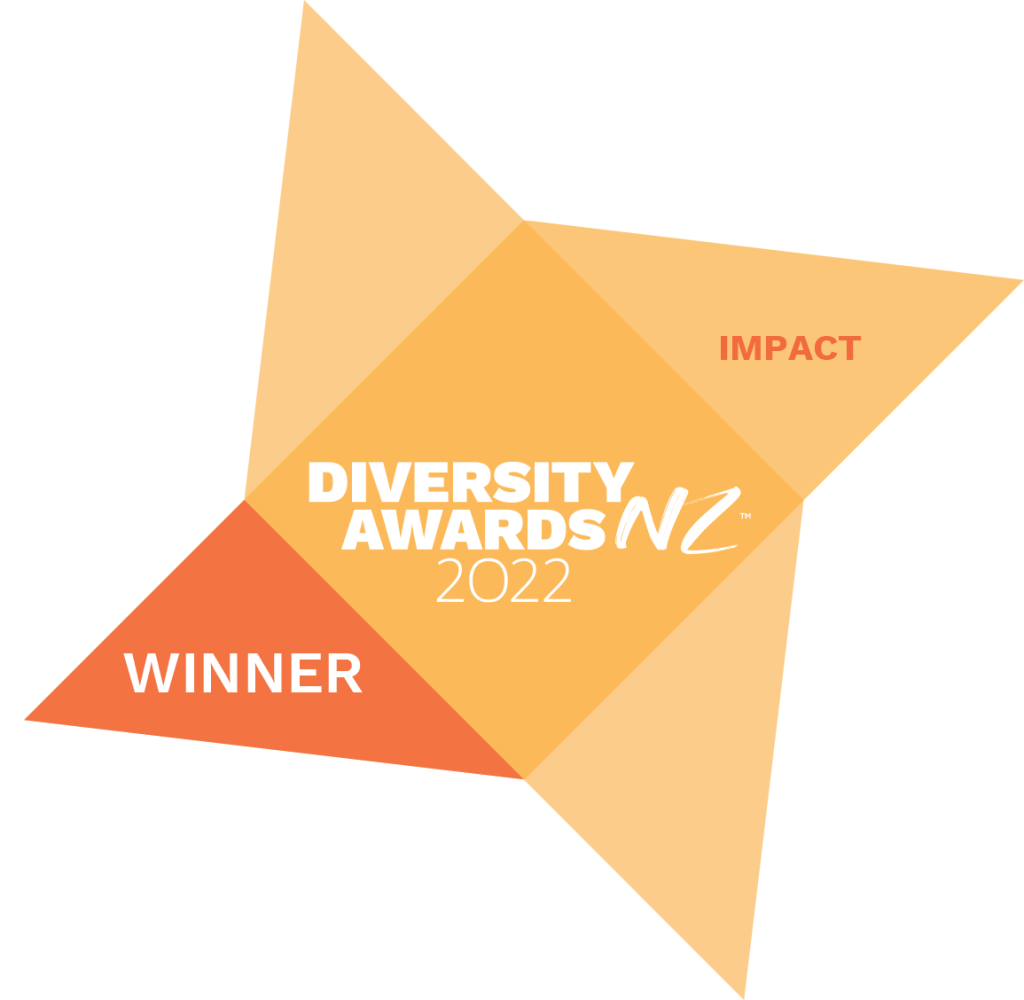Emotional intelligence is woven into all our leadership programmes as it plays an important role in the make-up of a good leader. In this article, Sarah Balfour explores what it means and how it can be developed through greater self-awareness.

Emotional intelligence (EI), as developed by Psychologist Daniel Goleman in the 90s is still a popular model that resonates today. This is partly because of its strong research base in relation to effective leadership. Goleman splits the EI model into four different areas:
Self-awareness
Self-management
Social awareness
Relationship management
You can see the domains are split into self, and then interactions with others. We’re going to look at self-awareness in this article. What does it mean to have good self-awareness, and how can you grow it?
First of all, Goleman defines self-awareness as ‘the ability to read and understand your emotions as well as recognize their impact on others.’ (Goleman, 2002).
You have a good sense of how others see you and have a good handle on your own strengths and limitations. What does all this mean in relation to the workplace and leadership?
Research shows when you see yourself clearly, you’re more confident and creative. You’re a better leader, and you make decisions more effectively. You’re more likely to lead productive, profitable companies. So, self-awareness is more than just what some people might call the ‘nice fluffy stuff.’
Self-awareness means you are more intuitive with others
If you can recognise it in yourself, you’re more likely to notice the mood and emotions in others. This can make you a more empathic and tuned-in leader or colleague.
Self-awareness means you can hear feedback from others
You’ve got more of a handle on how others see you and can take feedback from colleagues without it crushing your own confidence. Run this activity download with your staff to grow their own self-awareness. It’s a great way into a conversation about how we see ourselves and how others might see us. At the same time inviting some self-awareness into the mix.
Build emotional literacy
Build your emotional literacy by bumping up your vocabulary for mood and feelings to the next level. Check out the feelings wheel for a deep dive into all the words available to describe how you’re feeling.
Know what pushes your buttons
“Everything that irritates us about others can lead us to an understanding about ourselves” Carl Jung
If you have the self-awareness to know your own triggers, you can be better equipped for more effective interpersonal communication at work. Try the ‘hot buttons’ activity. Make a list of all the things that wind you up at work. For some people, it’s lateness and lack of initiative, for others, it’s staff not doing what they ask or not following instructions. Whatever behaviour really irritates you, note it down. Then, make a note of what you were thinking or feeling at the time and how strongly you were feeling it.
This will help grow your self-awareness over what behaviour triggers you, and why. Bringing this into your awareness means that the next time your ‘hot button’ gets pushed, you can identify it as a trigger and choose a more productive response. Creating space between your feeling and how you respond, helps to avoid coming in ‘hot’ and escalating conflict unnecessarily.
On a final note, apparently, we all think we’re a lot more self-aware than we really are – so it’s probably a good thing to stop, reflect and take stock of where your self-awareness is at, or even better, if you’re feeling brave, ask a colleague!







